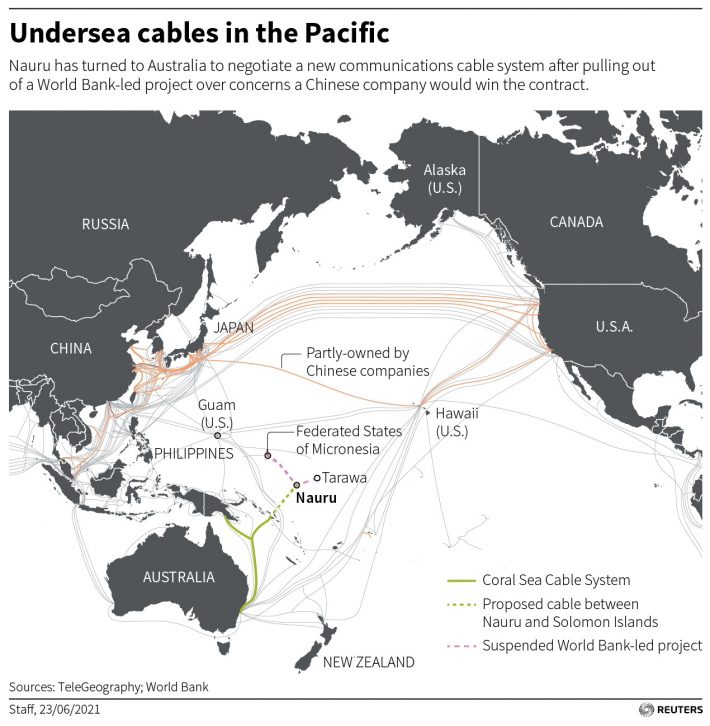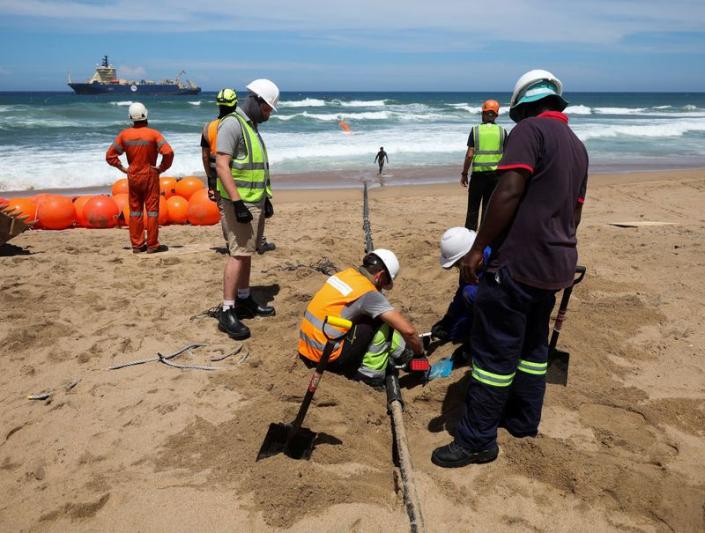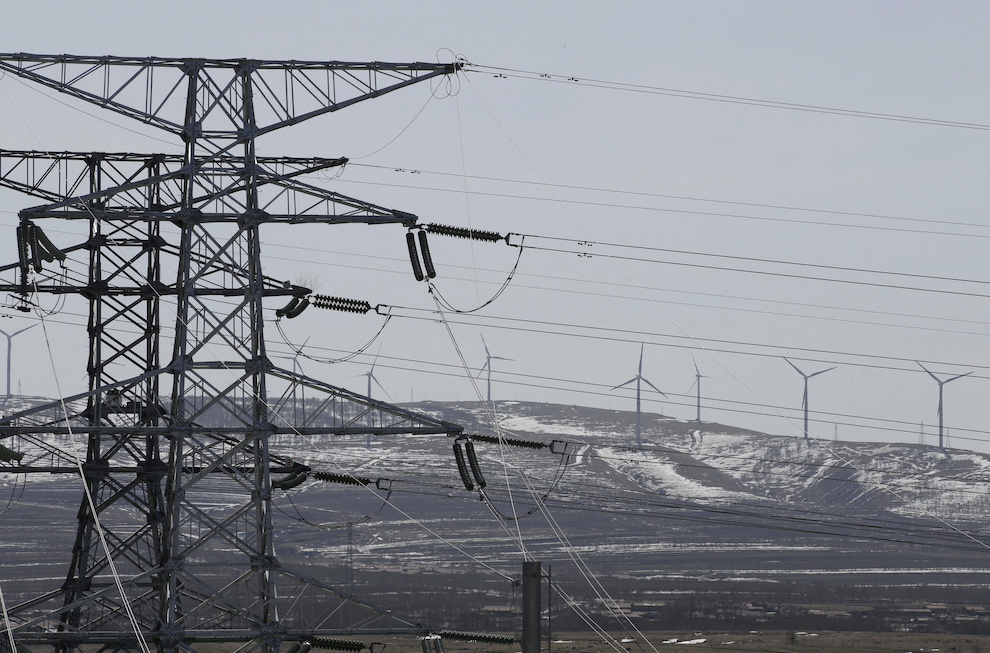A top US regulator said on Wednesday it plans to prohibit companies connecting underwater communication cables to the United States if they include Chinese equipment or technology.
Brendan Carr, chairman of the Federal Communications Commission, issued a statement that said: “We have seen submarine cable infrastructure threatened in recent years by foreign adversaries, like China. We are therefore taking action here to guard our submarine cables against foreign adversary ownership, and access as well as cyber and physical threats.”
The move is not a great shock, given the US has for years expressed concerns about China’s role in handling network traffic and the potential for espionage. US officials have broad data security concerns about the network of more than 400 subsea cables that handle 99% of international internet traffic.
ALSO SEE: Indonesia Pays High Price for US Trade Access, Faces 19% Tariffs
US regulators have been instrumental in the cancellation of four cables whose backers had wanted to link the United States with Hong Kong since 2020.
The FCC said last year it was considering new rules governing undersea internet cables in the face of growing security concerns, as part of a review of regulations on the links that handle nearly all the world’s online traffic.
It said it was considering barring the use of equipment or services in those undersea cable facilities from companies on an FCC list of companies deemed to pose threats to US national security, such as Huawei, ZTE China Telecom and China Mobile.

Carr said the FCC is taking action to “guard our submarine cables against foreign adversary ownership, and access as well as cyber and physical threats.”
The FCC will also seek comment on additional measures to protect submarine cable security against foreign adversary equipment.
The cutting of two fibre-optic undersea telecom cables in the Baltic Sea prompted investigations of possible sabotage.
In 2023, Taiwan accused two Chinese vessels of cutting the only two cables that support internet access on the Matsu Islands and Houthi attacks in the Red Sea may have been responsible for the cutting of three cables providing internet service to Europe and Asia.
- Reuters with additional editing by Jim Pollard
























